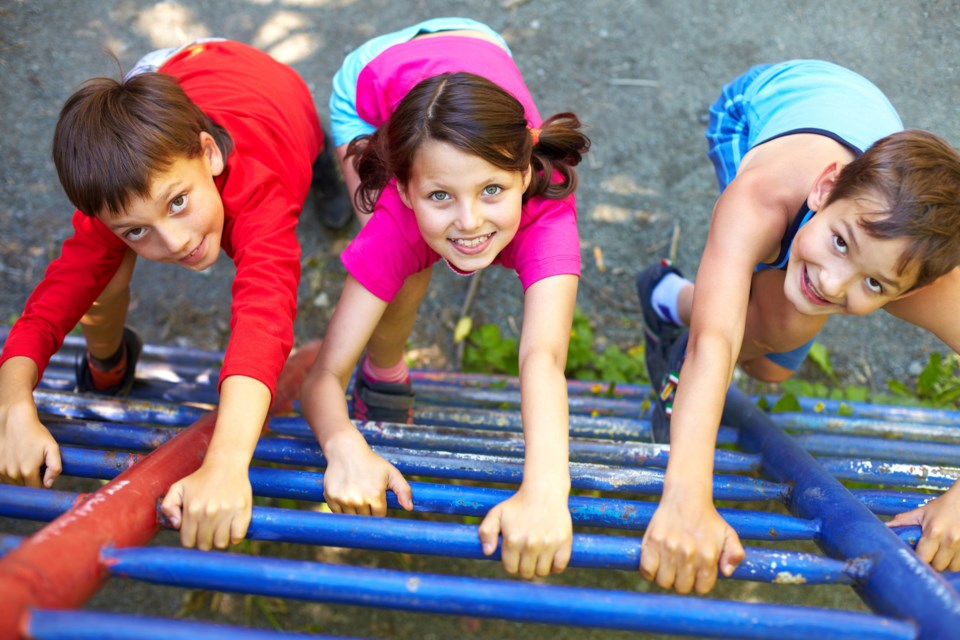As the sun starts to set a little earlier and the end of summer draws near, students, parents, and teachers may already be thinking about the start of the new school year.
In about two weeks, the doors will open, the desks will be full, and the learning will begin.
But Jody Billingsley, a teacher and vice-principal at Irwin Park elementary in West Vancouver, says the learning never stops.
Summer is a great time for parents to engage in what he calls “authentic” learning moments. For example, a trip to the beach can include observing shells or other ocean creatures and talking about where they come from, describing what they look like, and wondering why they look and feel the way they do.
Billingsley says another effective way for parents to continue learning throughout the summer is having meaningful conversations with their children in which the parent or guardian engages the child in a discussion and asks them deep questions about a variety of topics rather than giving them the answers, which helps to develop critical thinking and analytical skills.
Parents and kids can question, debate, and enquire to help build those brain muscles kids will need for a more thoughtful approach to their schoolwork.
In the final lead-up to the start of school, it doesn’t hurt to review some of the previous year’s schoolwork, notes Billingsley, but it’s not necessarily the best way to prepare for a new school year.
“It certainly couldn’t hurt to review but I wouldn’t say it’s the only thing to do,” he says, noting most teachers provide a review of the previous year’s work anyway at the start of the new semester.
Parents can better prepare their students for school by providing opportunities for teachable moments during the day, which a lot of parents already do, he says.
“There’s always that balance between knowledge and understanding. So you can have that knowledge, you can have them memorize as many facts and skills that they can handle, but if they don’t know how to apply it authentically to real-world situations what’s the point?” says Billingsley.
For example, the difference between memorizing times tables and understanding times tables is that the child knows “times tables” actually mean “groups of” and can apply that to higher level math situations, as well as real-world scenarios, he explains.
Younger children already possess a natural curiosity and interest in grouping and sorting, which can be encouraged and supported in a home setting or out of the home in a grocery store, at a park or a beach, or even in the backyard. Sorting rocks by colour, grouping by size, or counting into groups and understanding all the different ways grouping (or times tables) can be represented are all applicable to developing core math skills and a more authentic command of concepts that can be applied to higher-level math and other subjects.
Billingsley says parents are their child’s number one teacher, and have many opportunities to impart their influence. For example, modelling behaviour is a powerful learning tools parents can apply, says Billingsley, especially for reading. Parents who show an interest in reading and read themselves are more likely to encourage their child’s interest in reading.
A family trip to a beach or park can include reading together or individually and then discussing who’s reading what and what they like or didn’t like about their book, magazine, or newspaper. Journaling or writing about summer experiences and adventures also contributes to ongoing literacy, especially for older kids.
Younger kids can draw stories about their summer experiences.
Aside from continued learning, parents and students should also start to adjust their schedules to get ready for school. Heading to bed a little earlier and getting up in the morning earlier may help with the transition back to a school schedule, especially for older students, says Billingsley.
Discussing routine and setting up a work space may also lend to positive preparation. And younger kids may benefit from having a countdown calendar to get a sense of when they will be heading back to class.
Closer to the start date, students and parents can have discussions about more specific scheduling items, such as what will go in the child’s knapsack, do they have what they need ready for school, and what’s the plan for lunches. Designating an area in the home for their school belongings, projects or homework may also be helpful, especially for older students.
Billingsley doesn’t have one main piece of advice for students returning to school because “every child comes with a different skill set.”
He says some need support in one area and others in another. It’s up to parents and teachers to work together to personalize an approach to learning that suits each individual student, so communication throughout the school year, and especially in the first few weeks, is key.



